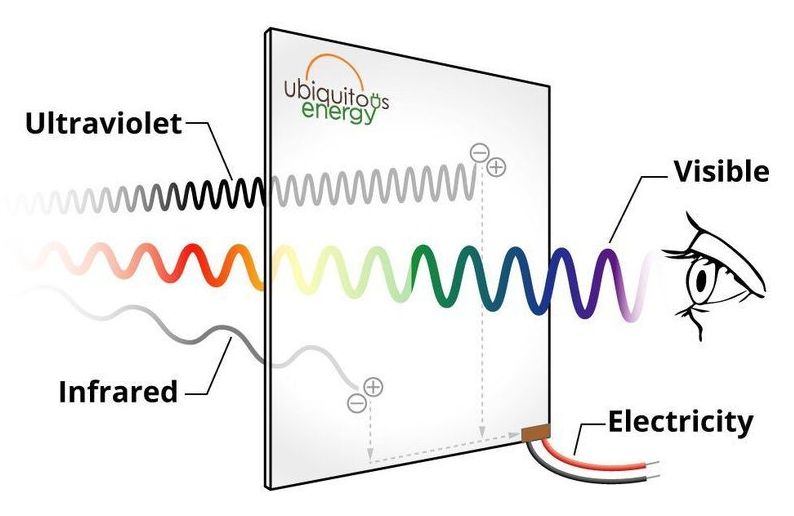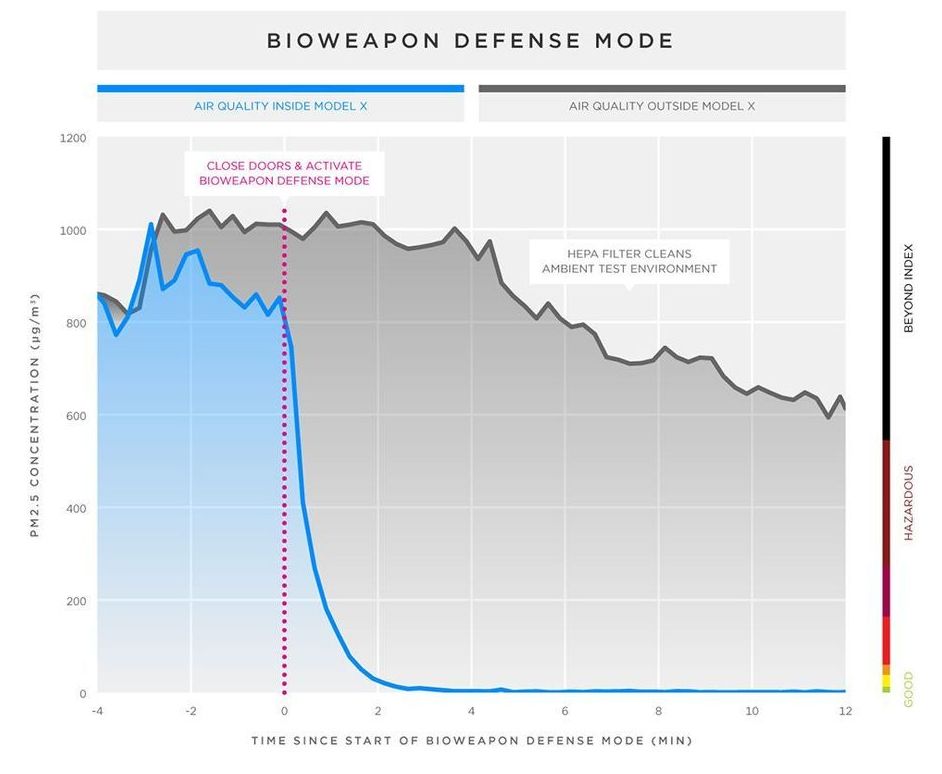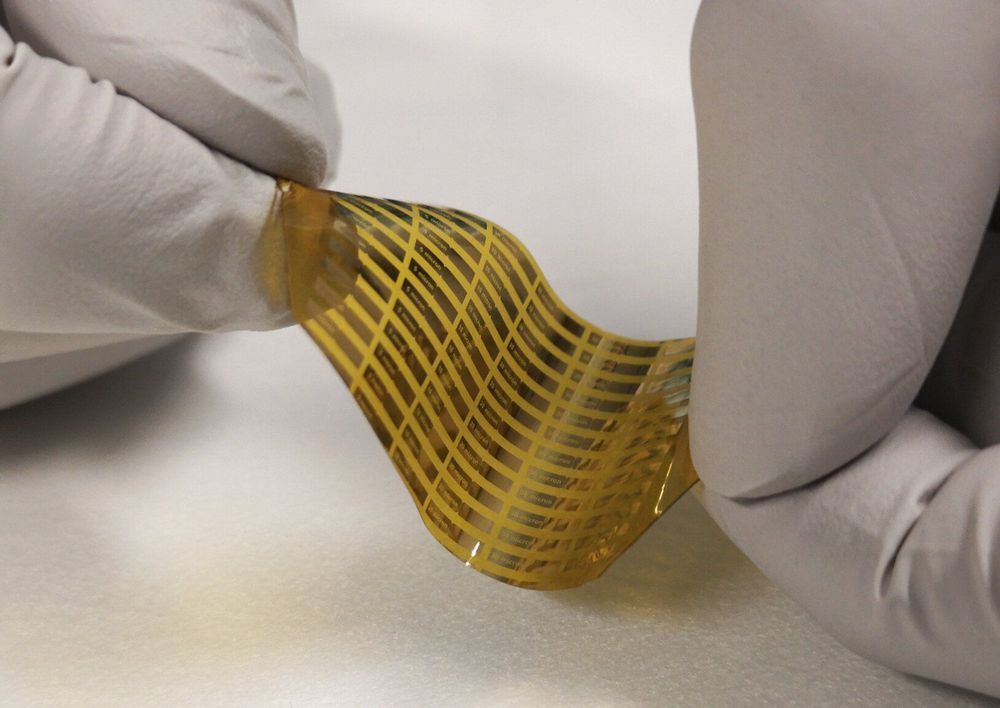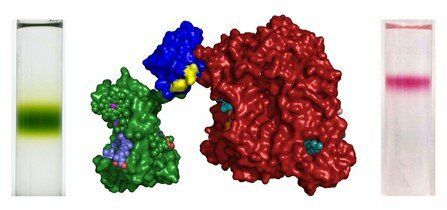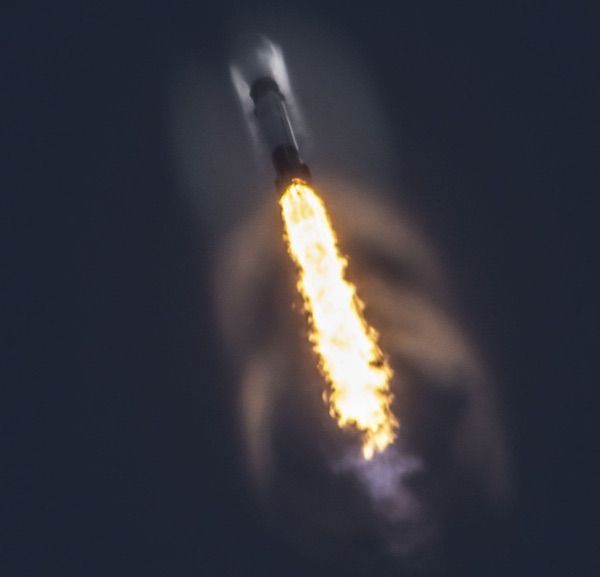Circa 2016
Air pollution has a significant and pervasive impact on public health. According to the World Health Organization, it is now considered “the world’s largest single environmental health risk,” with more than three million people dying every year as a result. This is more than twice the number of people that die in vehicle accidents each year.
Health and safety are important to us. Just as we’ve designed Model S and Model X to avoid collisions or protect their occupants when one happens, we felt compelled to protect them against the statistically more relevant hazard of air pollution*. Inspired by the air filtration systems used in hospitals, clean rooms, and the space industry, we developed a HEPA filtration system capable of stripping the outside air of pollen, bacteria, and pollution before they enter the cabin and systematically scrubbing the air inside the cabin to eliminate any trace of these particles. The end result is a filtration system hundreds of times more efficient than standard automotive filters, capable of providing the driver and her passengers with the best possible cabin air quality no matter what is happening in the environment around them.
The air filtration system was put to the test in real-world environments from California freeways during rush hour, to smelly marshes, landfills, and cow pastures in the central valley of California, to major cities in China. We wanted to ensure that it captured fine particulate matter and gaseous pollutants, as well as bacteria, viruses, pollen and mold spores.
